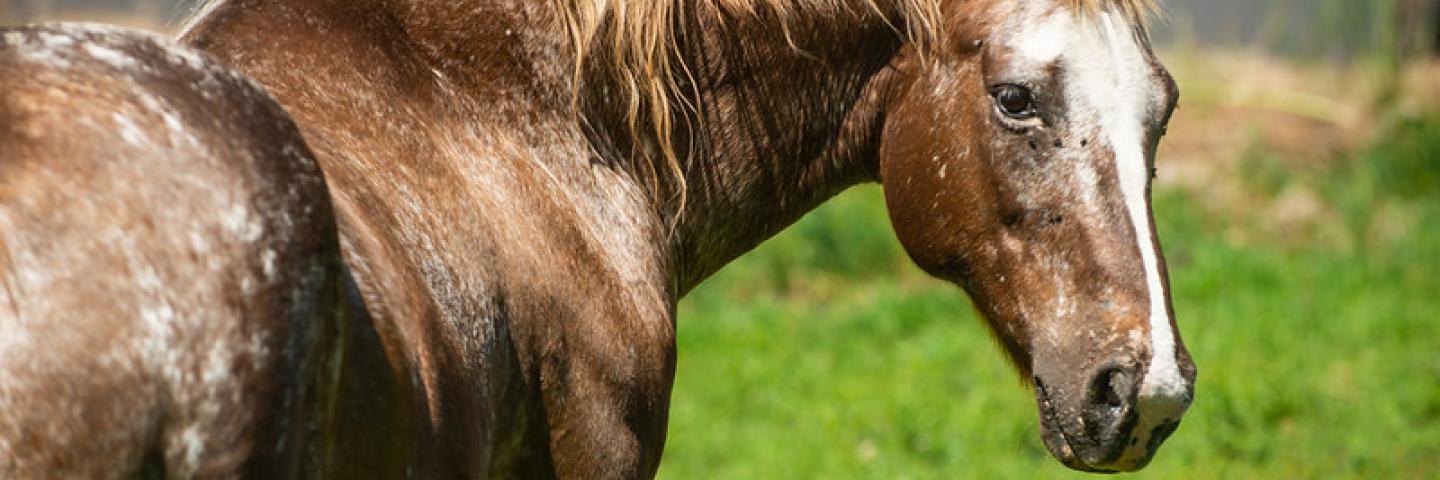Managing Kentucky Horse Farms for Improved Natural Resources

Horses are problem grazers. They eat what they like, until it’s gone. Horses can leave pastures with bare spots, root damage, weed growth and soil erosion.
While Kentucky is the leading producer of horses in the country with an annual economic impact of more than $3 billion, there’s still a disconnect between many equestrians, conservationists, and the conservation stewardship of equine operations.
To help bridge this gap, the University of Kentucky Forage Extension Program partnered with USDA’s Natural Resources Conservation Service (NRCS) through the Regional Conservation Partnership Program (RCPP) to implement a project that helped improve grazing efficiencies, reduce soil degradation and protect natural resources on more than 17,000 acres of land in Kentucky.
An ideal pasture is full of healthy grasses and grazed at an even height. And if the grazing system is well-managed, forages will offer horses a nutritious and energy boosting diet.
Through this project, equestrians worked with NRCS’ Technical Services Providers (TSP) to customize a grazing plan. They installed horse-friendly conservation practices like biomass planting, heavy use areas, chemical weed control, fencing, water crossings and composting facilities on 20 horse farms across 17 counties.
The equine operations also served as demonstration sites for other interested landowners. Some even hosted educational events and field days to show how they managed their grazing lands to benefit both their horses and natural resources.
Healthy equine operations are good for operators and our natural resources. They can support carbon sequestration to help mitigate climate change. Proper grazing management practices can increase the soils’ ability to store carbon through deep-rooted trees and tall
pastures.
Grazing systems can also keep local streams and irrigation water clean by preventing surface and groundwater pollution from animal waste that washes off pastures, improving water quality.
To improve conservationists understanding of grazing approaches for different animals, the University of Kentucky also trained NRCS employees on the physiological differences between horses and cattle, how they are managed differently and how that may change their approach to conservation planning.
Additionally, they worked with NRCS to make more of its conservation practices horse friendly.


